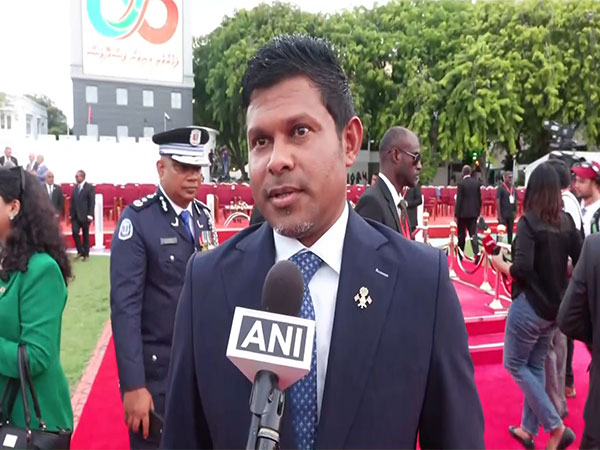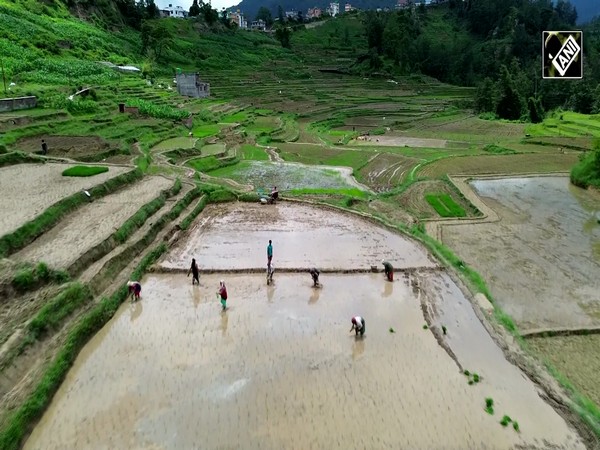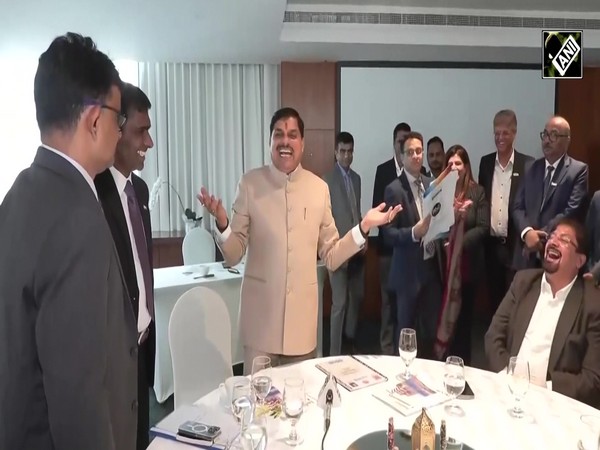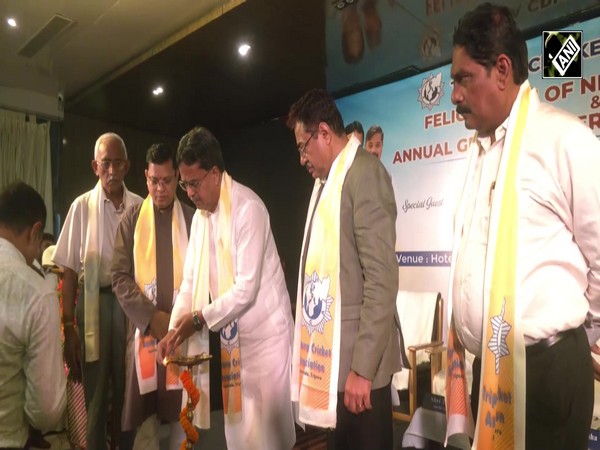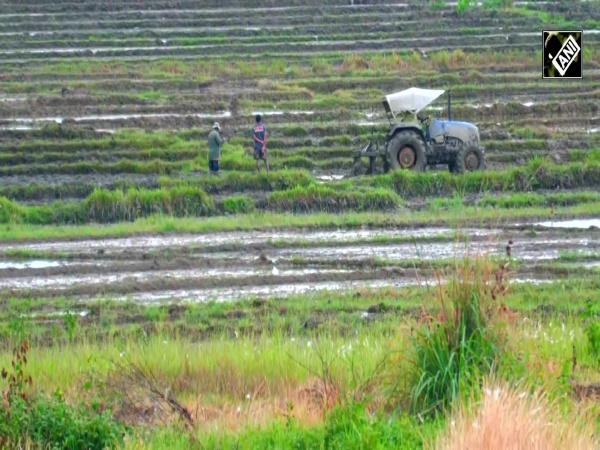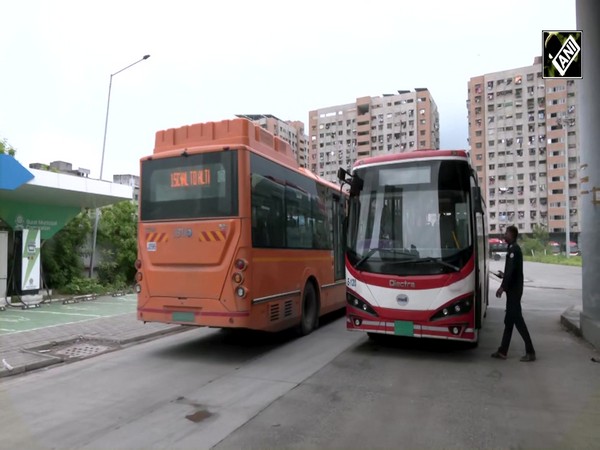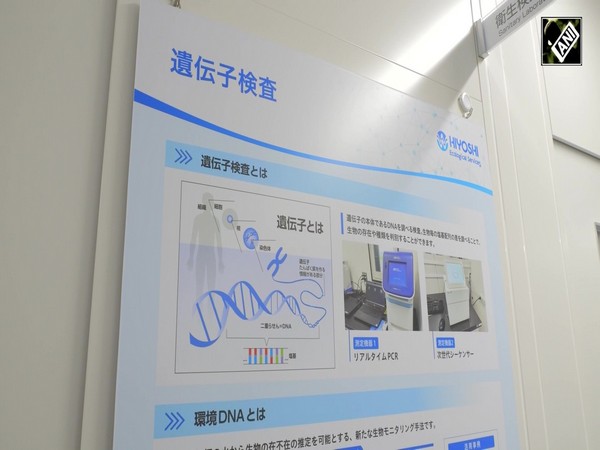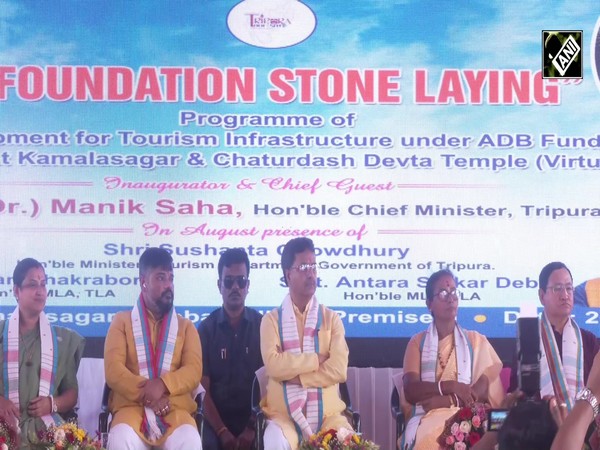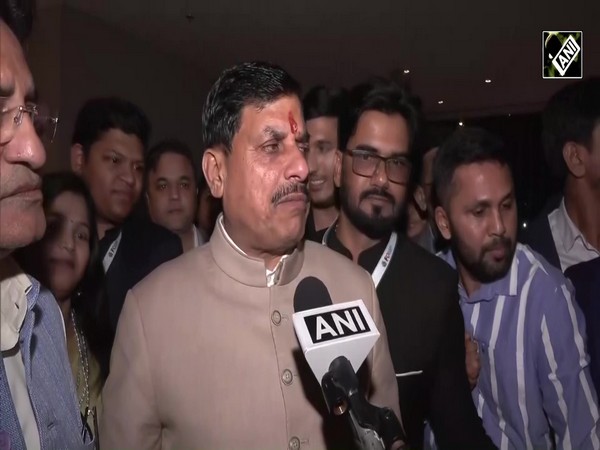Sri Lanka: Rebel lawmakers ask Mahinda Rajapaksa to resign honourably or face no-confidence motion
Apr 24, 2022

Colombo [Sri Lanka], April 24 : The group of ruling party lawmakers who rebelled and became an independent group earlier this month, said that Prime Minister Mahinda Rajapaksa should resign from his post, or else will have to face a no-confidence motion.
The statement came in response to PM Rajapaksa's statement on Saturday where he said that he would remain the Prime Minister even if an interim government is established in Sri Lanka, Colombo Page reported.
"If the Premier does not step down from the post, in the face of public opposition parliamentarians will have to remove him through a no-confidence motion," Jayantha Samaraweera, the National Organizer of the National Freedom Front said.
MP Samaraweera further said what needs to be done to overcome the current crisis in the country is to remove the government led by the Prime Minister and form an interim government headed by the President.
On Saturday, PM Rajapaksa, responding to former Minister Dullas Alahapperuma's letter which stated that the Prime Minister should resign and an interim government be formed, said, "What interim government? How can we form an interim government without a common agreement? If an interim government is formed, it should be under my leadership. I don't think others would agree to it, even with Ranil Wickremesinghe or anyone else."
"I don't think the majority is saying so. Some MPs may say so. People who don't have any knowledge of the past may be saying it. No one has asked me to step down. I don't think anyone would do either," Mahinda was quoted as saying by Daily Mirror.
The Prime Minister also reiterated that he is willing to discuss with the Galle Face protestors.
Mass protests over economic mismanagement escalated in early April, prompting the president to declare a state of emergency on April 1, reported Daily Mirror.
One of the demands of recent anti-government protests has been a constitutional amendment to reduce the power of the executive.
On April 3, the entire Sri Lankan cabinet decided to resign in the wake of the large-scale protests. The only exception was Prime Minister Mahinda Rajapaksa, who remained in office. On the same day, Gotabaya Rajapaksa appointed key ministers to an interim cabinet.
Sri Lanka has been gripped by an economic crisis considered the worst since the country gained independence in 1948. Due to energy shortages, some parts of Sri Lanka have rolling blackouts. Sri Lanka's foreign debt is estimated at USD 51 billion.



